Design & Build Collaboration
SWA Group Goes Over & Above to Integrate Maintenance Teams into the Development of an Urban Park
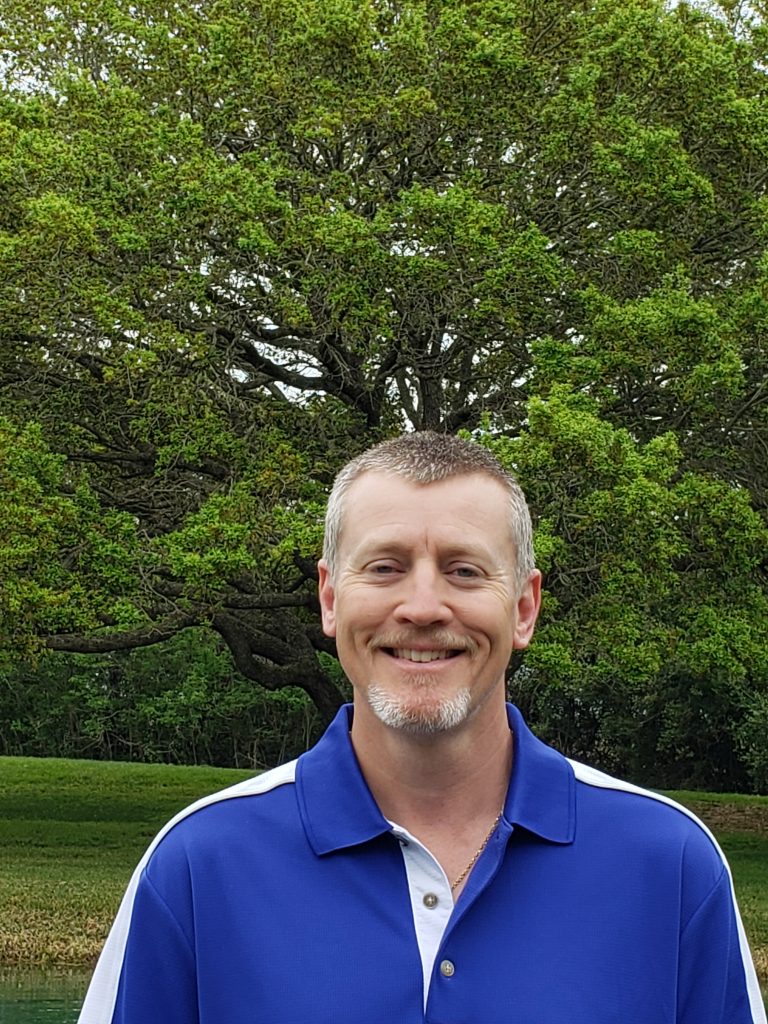
We are really committed to sustainable and environmentally responsible practices, from using organic fertilizers to protecting our bayou that runs into Galveston Bay and the Gulf to using semi-aquatic plants to slow and clean stormwater. Brent Moon, Horticulture Manager, Houston Botanic Garden
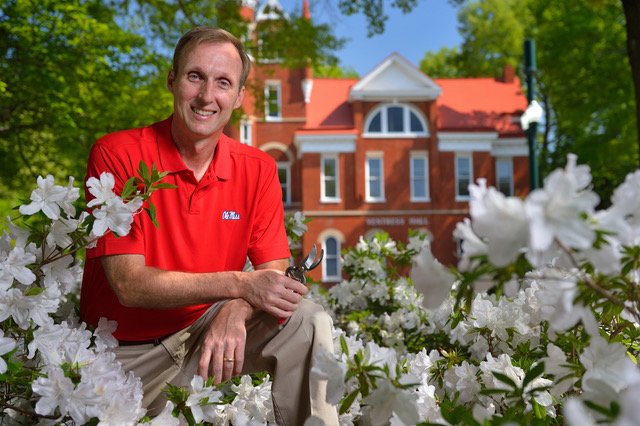
We use biodiesel when we can. We recycle all of our wood on campus and keep our leaves here. We strive for very little waste. Jeff McManus, Director of Landscape Services, Ole Miss
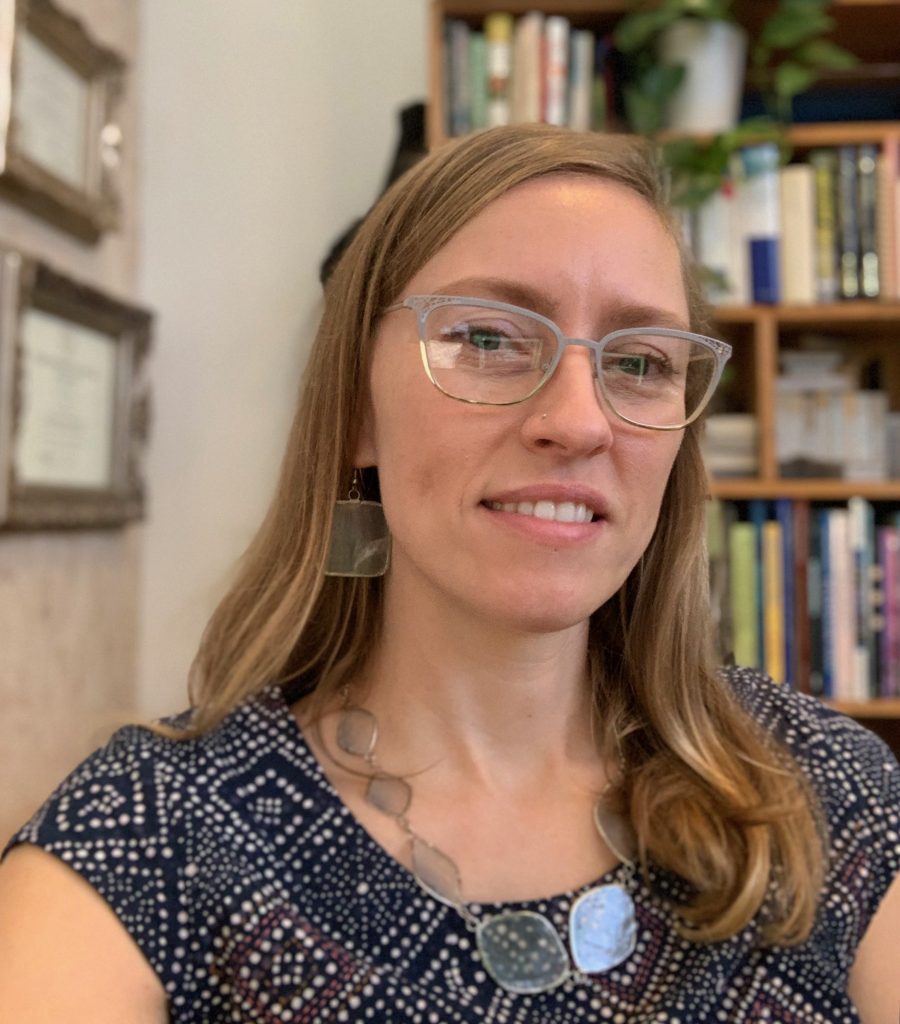
At UT Austin, it was drilled in my head from day 1 about using plants that are better for the area. They really focus on sustainability. We like to use native plants, and if not native, adaptable. We want to attract local wildlife for food and habitat. Angelica Norton, Owner/Landscape Architect, Open Envelope Studio, Texas
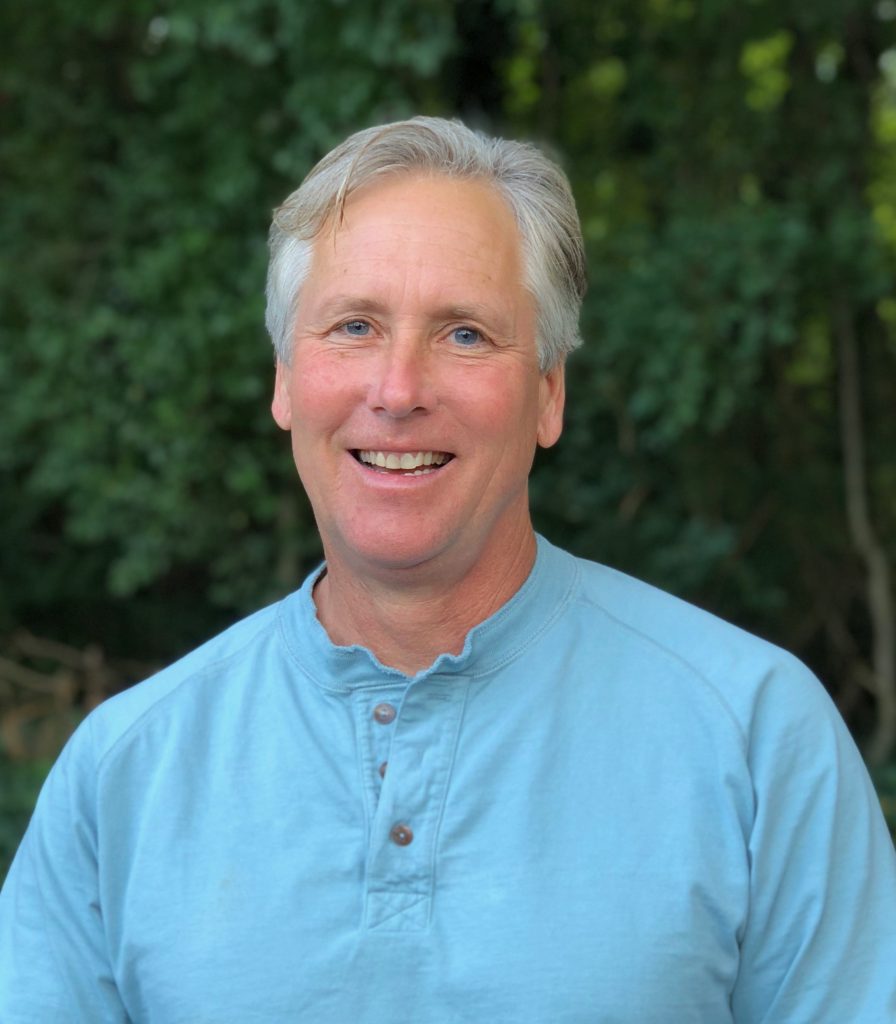
This is America, and we will never get rid of our lawns. But we need to have less. Lawns are completely unsustainable. Green grass means chemicals and mowing, things that aren't good for the environment. Eric King, PLA, King Landscaping, Atlanta
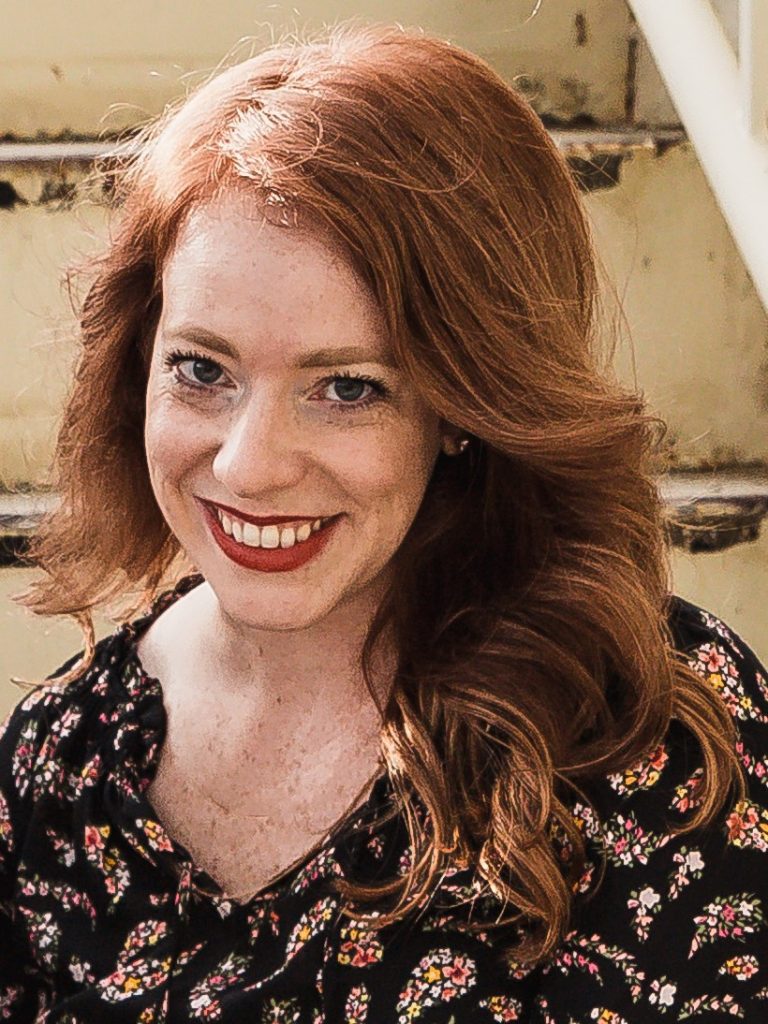
We just formed an Office of Sustainability and Resiliency for the City of Charlotte to incorporate sustainable practices into our 2040 master plan. We want to continue to invest in public transportation and reduce our carbon footprint. Lorna Allen, PLA, senior urban designer and project planner, Charlotte Urban Design Center
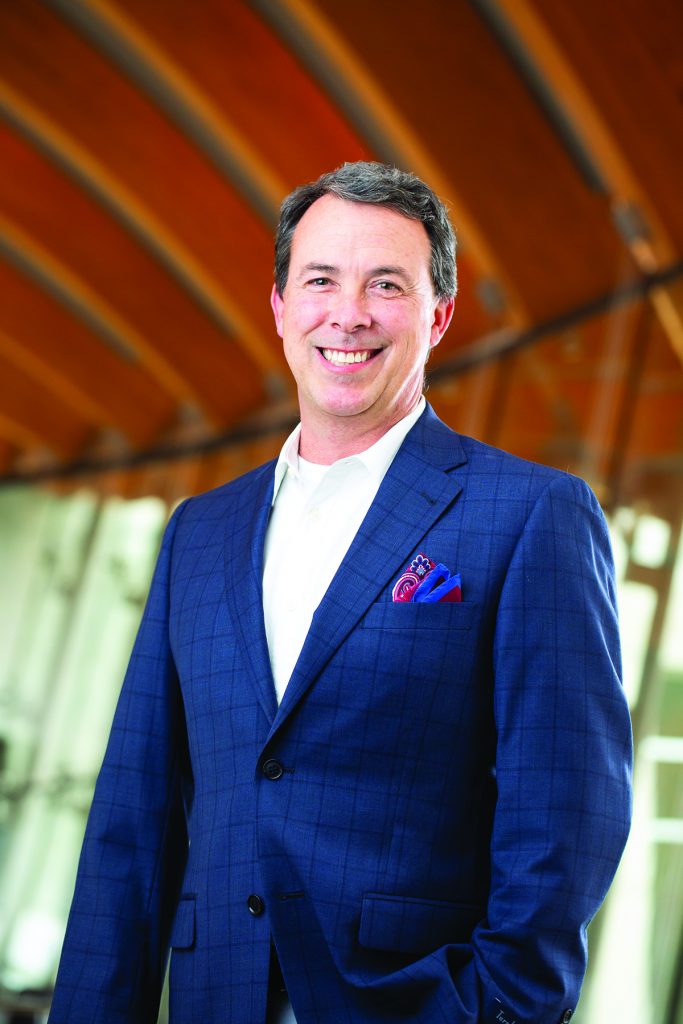
We make our own compost for all of our fertilization needs. Since our grounds consist mainly of typical Ozark hardwood forest we have an abundance of ingredients. Some more components come from our landscapes and museum restaurant also. We make about 70 cubic yards twice a year. Clay Bakker, Director of Trails and Grounds, Crystal Bridges, Arkansas
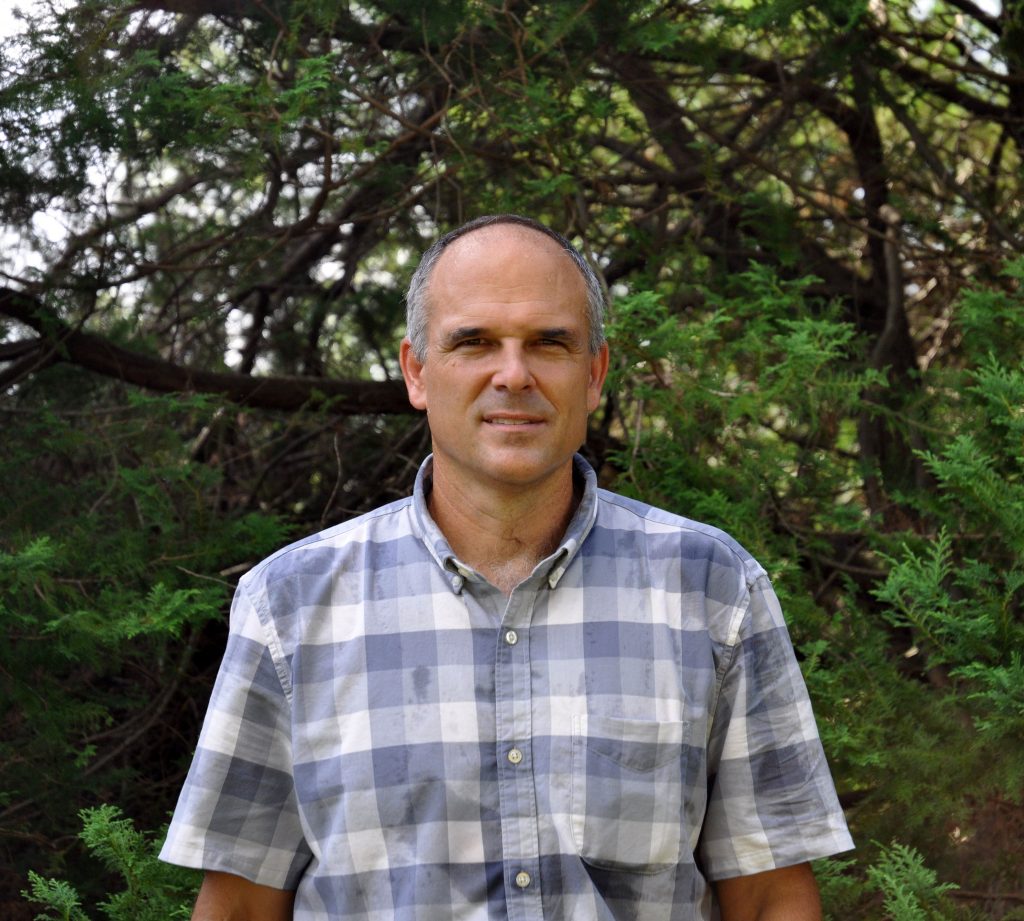
Because we have a lot of stuff to take care of with a small staff, we have to make things low maintenance. We hardly fertilize anything; plants do very well on their own once they're established. We also use centipede grass that requires very little fertilizer. Philip Schretter, grounds superintendent, Georgia Southern Armstrong Campus
When discussing functional landscapes, we like to promote ecosystem services or how the landscape can benefit the ecosystem. This can include plantings or management styles that support native plant populations and beneficial insect populations. Cleaning water and air, and regenerating soil health are also wonderful ways that landscapes can provide ecosystem services and become more functional. Water management is another key area where we can utilize landscapes as a tool to benefit the community. Dr. Jeb Fields, Assistant Professor & Extension Specialist, LSU AgCenter
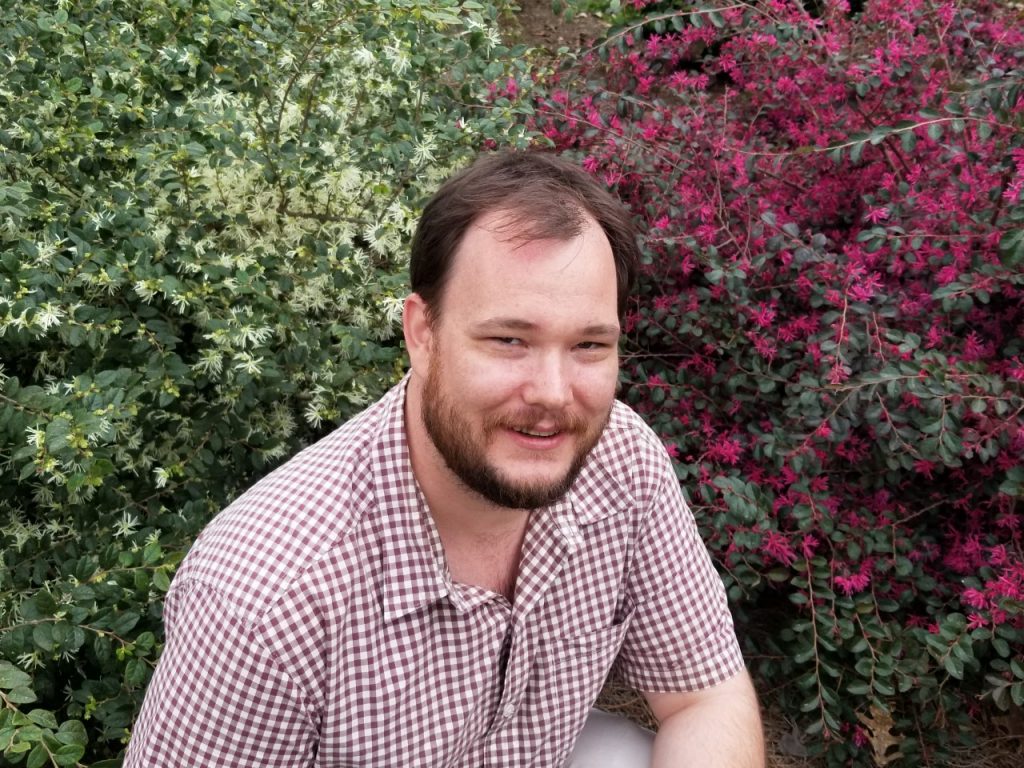

SWA Group Goes Over & Above to Integrate Maintenance Teams into the Development of an Urban Park
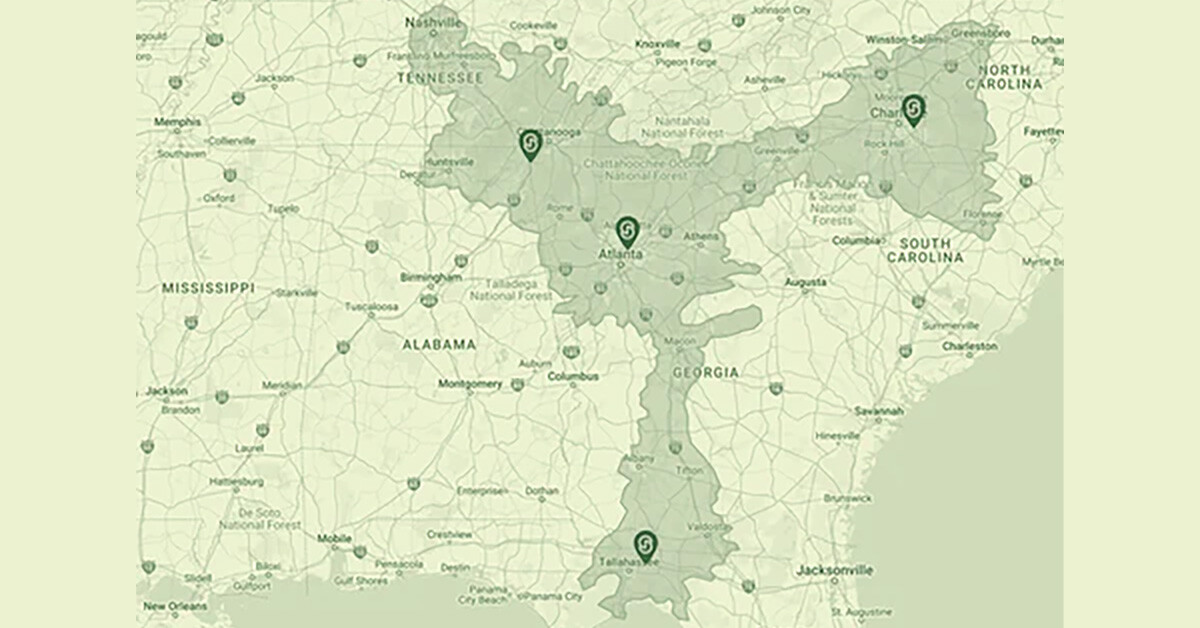
ATLANTA, GA (September 2024)—ServeScape, the Atlanta-based farm-to-landscape online marketplace, is excited to announce its expansion into the...
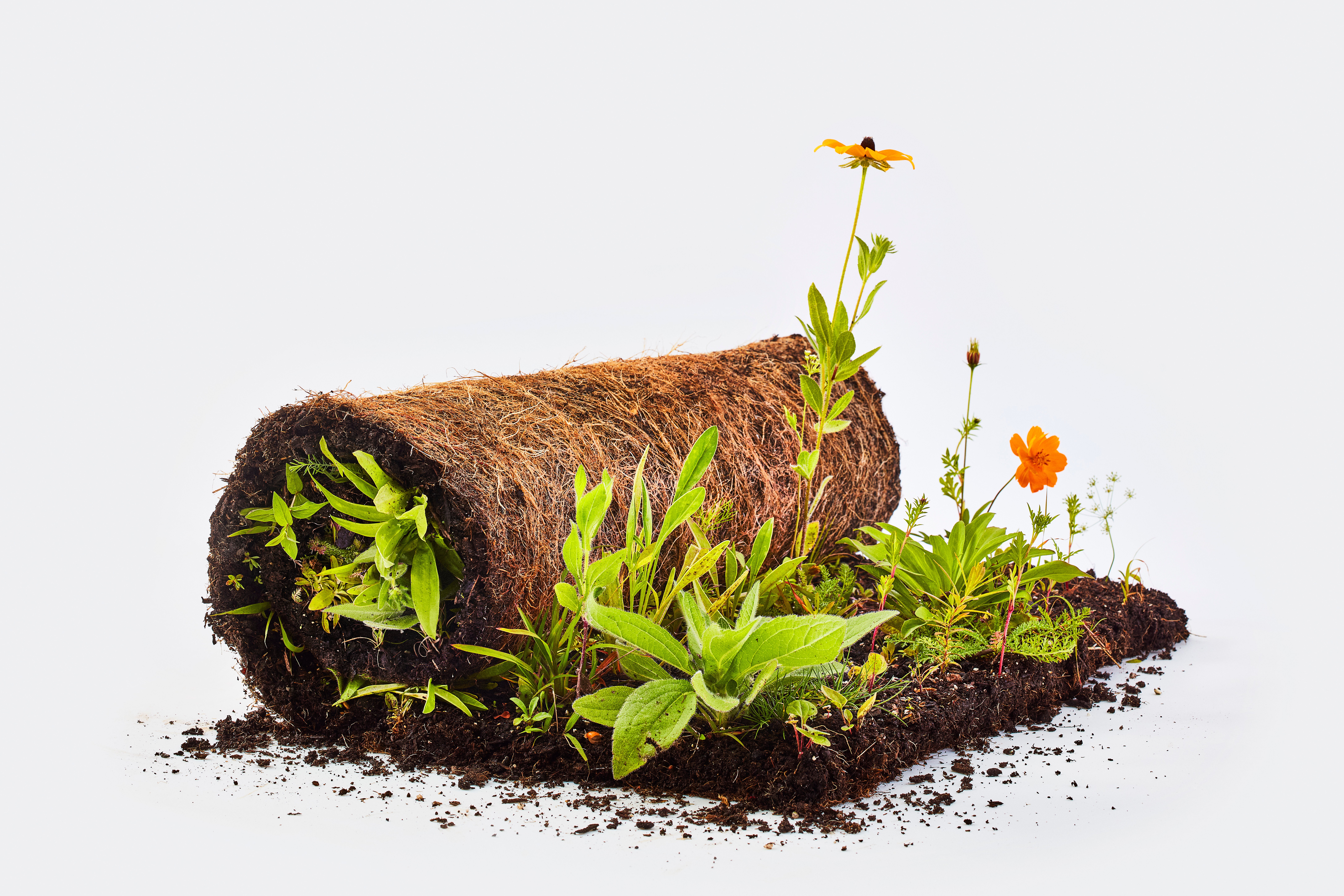
Meadow Lab Sustainably Transforms Landscapes with New High-Performance Wildflower Sod™